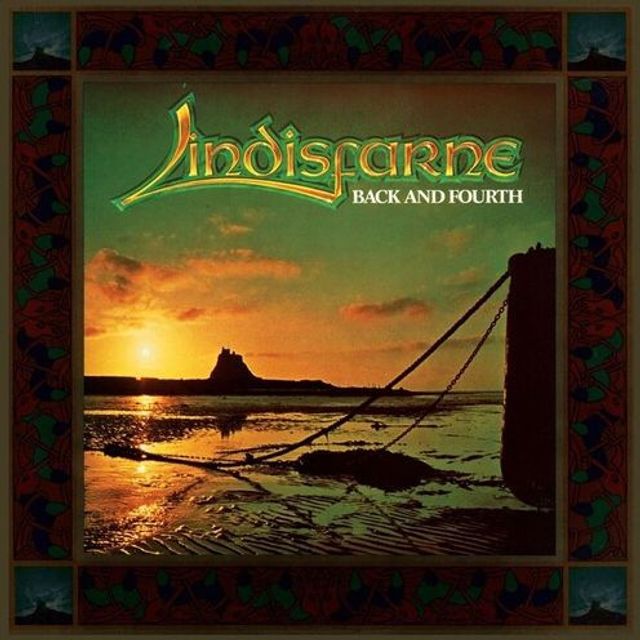Home
The 4th Movement
Loading Inventory...
Barnes and Noble
The 4th Movement
Current price: $26.99


Barnes and Noble
The 4th Movement
Current price: $26.99
Loading Inventory...
Size: OS
*Product Information may vary - to confirm product availability, pricing, and additional information please contact Barnes and Noble
Throughout the mid-'70s, Detroit band
pushed the limits of aggression and excitement as an early prototype of punk rock born of desperate political and economic times. The band recorded several albums' worth of material but couldn't secure a record deal, independently releasing one single and shelving the majority of their recorded output. Though a massive archival release campaign and documentary would bring
's raw Afro-punk energy to a wider audience in 2009, by the end of the '70s this hardworking band was flat broke and struggling with feeling largely ignored. Penniless, the band of brothers retreated to Jericho, Vermont in hopes of finding clarity and were overtaken by a sense of spiritual awakening once they arrived. Raised in the Baptist Church, brothers
,
, and
had roots in religion, but they got serious about their faith on their pilgrimage to Vermont and were inspired to quickly write songs for what became
. Not wildly different than
were musically, the songs that made up
's self-titled debut album were still high-energy workouts of jagged guitar lines and muscular rhythms. Lyrically, however, every song espouses fiery devotion to God and spirituality through a lens of anxiety in the End Times. Album opener "Revelation's Eve" is perhaps the most direct example of this apocalyptic dread. When not fixated on the end of days, songs like "You'll Never Go Wrong" and "Seeking the Life That's to Be" explore the problems faced by lost souls before they find God. The often bleak outlook of
was rooted in the inner-city experience of living in Detroit in the '70s, and
reflects on the same struggles, only looking to Christ for answers. The best tracks take cues from early
and
for their complex song structures and riffs, and the unexpected syncopated breakdowns on songs like "The Build Up" are carried over as signature sounds from
's catalog. Even with the heavy-handed Christian dogma,
were more of a continuation of
than a truly separate project. Though more gospel-minded than previously, the spirit was still decidedly that of the same outsider punks who made righteously angry records just years before. ~ Fred Thomas


















